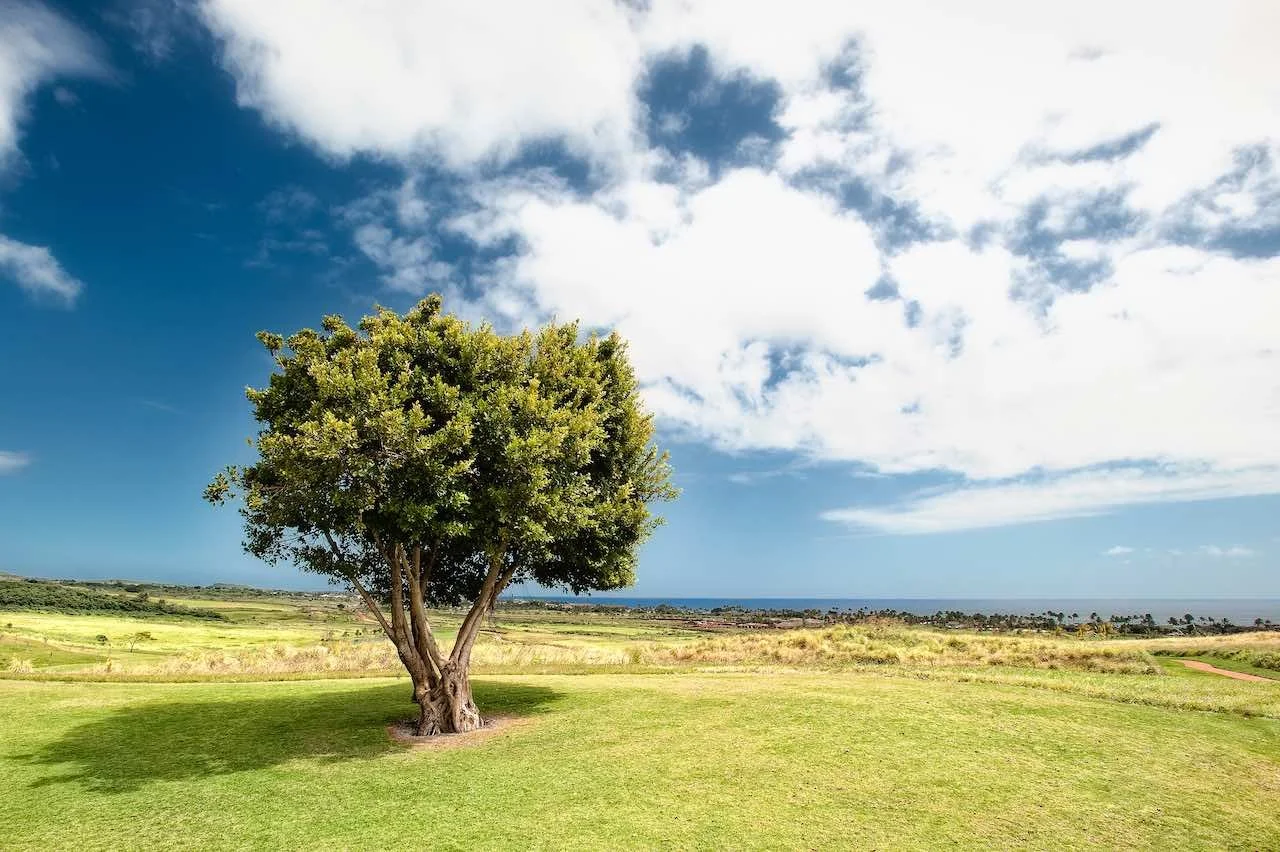Martin Johnson Off Grid Living: Escape the mundane and discover the extraordinary life of Martin Johnson, a pioneer of self-sufficient living. His journey from conventional life to a thriving off-grid existence is a testament to human resilience and ingenuity. This exploration delves into the intricate details of his setup, daily routines, and the profound impact this lifestyle has had on his life, offering inspiration and practical knowledge for those dreaming of a similar path.
We’ll journey with Martin through the challenges and triumphs of building his off-grid haven, from designing sustainable energy solutions and water systems to cultivating his own food and maintaining crucial social connections. Prepare to be captivated by his resourcefulness, inspired by his commitment to sustainability, and perhaps even tempted to embark on your own adventure into off-grid living.
Martin Johnson’s Off-Grid Setup: Martin Johnson Off Grid Living
Martin Johnson’s off-grid lifestyle is a testament to meticulous planning and sustainable living. His self-sufficient system, while tailored to his specific environment and needs, offers valuable insights into the practicalities and challenges of embracing off-grid existence. This section delves into the infrastructure and systems that underpin his independent way of life, comparing his choices with common alternatives and assessing their sustainability.
Water Collection and Management
Martin’s water system relies primarily on rainwater harvesting. He utilizes a large roof catchment system that funnels rainwater into several interconnected storage tanks. This is supplemented by a smaller, gravity-fed spring source located on his property. Water is filtered using a multi-stage filtration system incorporating sedimentation, charcoal filtration, and UV sterilization to ensure potability. This contrasts with other off-grid solutions like well drilling, which can be expensive and environmentally disruptive, or reliance on purchased bottled water, which is unsustainable and costly in the long run.
His approach minimizes environmental impact and reduces reliance on external resources.
Energy Generation
Martin’s energy needs are met through a combination of solar photovoltaic (PV) panels and a wind turbine. The solar array generates the majority of his electricity, supplemented by the wind turbine during periods of low sunlight. He employs a battery bank to store excess energy for nighttime use. This system is more complex and requires a larger initial investment than solely relying on solar panels, but offers greater energy independence, particularly in areas with consistent wind resources.
Other common off-grid energy solutions include propane generators, which are noisy and rely on fossil fuels, and micro-hydro systems, which are geographically limited to areas with sufficient water flow.
Waste Management
Martin employs a composting toilet system for human waste management, diverting solid waste into a composting unit. Greywater (from showers and sinks) is collected and used for irrigating his garden. This approach minimizes reliance on municipal sewage systems and reduces water consumption. This contrasts with septic systems, which require regular maintenance and can potentially contaminate groundwater if not properly managed.
His system is environmentally friendly and resource-efficient, contributing to the overall sustainability of his off-grid lifestyle.
System Comparison Table, Martin johnson off grid living
| System | Pros | Cons | Cost (Estimate) |
|---|---|---|---|
| Rainwater Harvesting | Low maintenance, free resource, environmentally friendly | Reliant on rainfall, requires storage capacity, potential for contamination | $1,000 – $5,000 |
| Solar PV & Wind Turbine | Renewable energy, reduced reliance on grid, energy independence | High initial cost, weather dependent (solar), requires battery storage | $10,000 – $30,000 |
| Composting Toilet | Environmentally friendly, reduces water usage, low maintenance | Requires proper management to avoid odor, not suitable for all climates | $500 – $2,000 |
Sustainability and Environmental Impact
Martin’s off-grid setup prioritizes sustainability and minimizes environmental impact. His chosen systems, including rainwater harvesting, renewable energy generation, and composting, significantly reduce his ecological footprint compared to a conventional lifestyle. The reduced reliance on fossil fuels, minimized water consumption, and avoidance of municipal waste systems contribute to a more sustainable and environmentally responsible way of living. However, the initial investment in infrastructure is substantial, and the ongoing maintenance of these systems requires time and effort.
Nevertheless, the long-term benefits in terms of environmental protection and resource conservation outweigh the initial challenges.
Martin Johnson’s off-grid journey proves that a life unplugged isn’t just a romantic notion; it’s a tangible reality achievable through careful planning, unwavering dedication, and a deep respect for nature. His story isn’t just about escaping the grid; it’s about embracing a life rich in purpose, self-reliance, and connection to the natural world. Whether you’re a seasoned off-grider or simply curious about alternative lifestyles, Martin’s experiences offer invaluable lessons and a powerful inspiration to live more sustainably and intentionally.
Do not overlook the opportunity to discover more about the subject of off grid living real estate.


